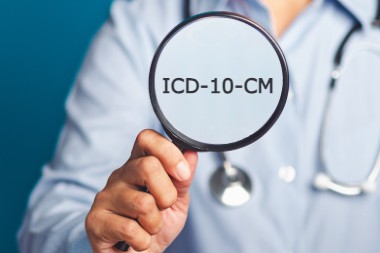Phyllis Dobberstein, CPC, CPMA, CPCO, CEMC, CCC Hard to believe that the new evaluation and management (E/M) guidelines have been in place for urgent care for 4 years. These guidelines created by the American Medical Association (AMA) were a complete shift from what was previously published by the Centers for Medicare & Medicaid Services. Instead of bullet points, levels are determined by the work involved in treating a patient. E/M codes can be leveled by …
Read More









